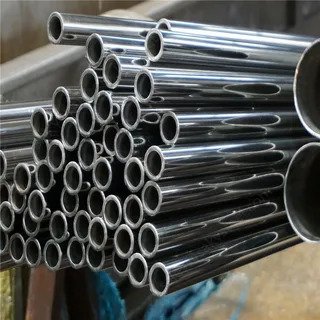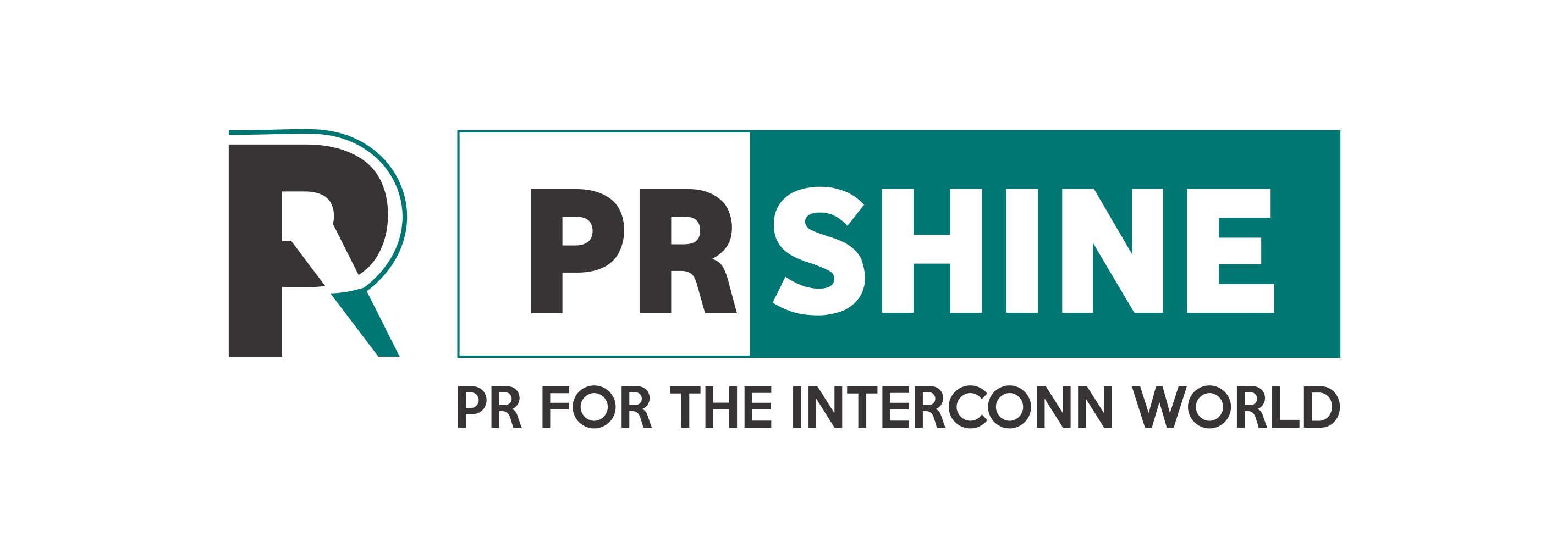Advantages of Using Stainless Steel 904L Pipes in Challenging Environments
In this blog, we’ll explore the top advantages of using Stainless Steel 904L pipes and why they are highly favored for harsh and corrosive environments.

Introduction
When it comes to demanding industrial environments, choosing the right materials is crucial for ensuring long-lasting performance and minimal maintenance. Stainless Steel 904L Pipes stand out due to their remarkable resistance to corrosion, high strength, and excellent durability. Whether it's chemical processing, marine applications, or high-pressure systems, 904L stainless steel pipes are the ideal choice. In this blog, we’ll explore the top advantages of using Stainless Steel 904L pipes and why they are highly favored for harsh and corrosive environments.
What is Stainless Steel 904L?
Stainless Steel 904L is a high-alloy austenitic stainless steel that includes a significant amount of nickel (approximately 25%) and chromium (20%), along with molybdenum and copper. These elements make 904L stainless steel pipes highly resistant to a wide range of aggressive environments, including acidic and high-chloride settings. The alloy is particularly known for its exceptional corrosion resistance, superior strength, and excellent weldability.
Key Advantages of Stainless Steel 904L Pipes
- Exceptional Corrosion Resistance
The primary reason Stainless Steel 904L pipes are in high demand is their unparalleled resistance to corrosion. This high alloy composition allows 904L pipes to resist both pitting and crevice corrosion, which often occur in harsh environments such as chemical plants, power generation systems, and marine applications. The 904L stainless steel pipes offer resistance to a variety of aggressive chemicals, including sulfuric acid, phosphoric acid, and chlorides, making them ideal for industries that handle corrosive substances.
- Increased Durability for Harsh Environments
Stainless Steel 904L pipes are engineered to endure extreme operating conditions. Their high strength enables them to resist mechanical stresses, while their durability ensures that they can withstand the continuous exposure to harsh chemicals and high temperatures. Industries like petrochemical, chemical, and power generation rely on the superior durability of 904L stainless steel pipes to maintain safety and performance under high-pressure conditions.
- High Resistance to Chloride Stress Corrosion Cracking (SCC)
One of the most common types of corrosion in pipes exposed to aggressive environments, such as seawater or chlorinated environments, is chloride stress corrosion cracking (SCC). 904L stainless steel pipes offer excellent resistance to SCC due to their low carbon content and high alloying with molybdenum. This property makes them a top choice for industries involved in water treatment, desalination, and marine applications.
- Superior Weldability and Fabrication
904L stainless steel pipes are known for their excellent weldability. This makes them an excellent choice for custom-built pipe systems, where precision and strength are needed. 904L pipes can be welded using a variety of methods, including TIG, MIG, and manual arc welding. The ability to fabricate these pipes easily ensures that they can be adapted to meet the specific needs of any project, which is especially important in industries where tailored systems are necessary.
- Non-Magnetic Properties
Another important feature of Stainless Steel 904L pipes is their non-magnetic nature. This is particularly useful in industries such as electronics, telecommunications, and medical applications where the presence of magnetism could interfere with sensitive equipment or processes. The non-magnetic properties of 904L stainless steel pipes make them versatile for various specialized applications.
- Long-Term Cost Efficiency
While Stainless Steel 904L pipes come with a higher initial cost than standard stainless steel grades, their longevity and resistance to corrosion reduce the need for frequent replacements or maintenance. In the long term, 904L pipes offer excellent cost efficiency, especially in industries where pipe systems are exposed to extreme conditions. The durability of 904L stainless steel ensures that the pipes remain functional for years, saving on costly repairs or replacements.
Common Applications of Stainless Steel 904L Pipes
Given their superior properties, 904L stainless steel pipes are widely used in industries that deal with high corrosion risks and extreme conditions. Some of the common applications include:
-
Chemical and Petrochemical Industries: In the production of acids, solvents, and other aggressive chemicals, 904L stainless steel pipes ensure safe and reliable transportation of substances without degradation.
-
Marine and Seawater Systems: The corrosion resistance of 904L stainless steel makes it an ideal material for use in seawater pipelines, shipbuilding, and offshore platforms, where exposure to seawater is a constant challenge.
-
Pharmaceutical and Food Processing: These pipes are used in the transportation of highly sensitive substances like pharmaceuticals and food products. Their non-reactive nature ensures that there is no contamination, maintaining the quality and safety of the product.
-
Power Plants and Boilers: 904L stainless steel pipes are used in power plants for transporting steam, water, and other critical fluids due to their ability to withstand high temperatures and pressure.
-
Oil and Gas Industry: From pipelines in harsh extraction sites to offshore platforms, 904L stainless steel pipes are a crucial component in the oil and gas industry, providing resistance to both corrosion and high-pressure conditions.
Conclusion
Stainless Steel 904L pipes are a highly versatile and durable solution for industries that require exceptional resistance to corrosion, extreme conditions, and high pressure. Their superior strength, resistance to chloride stress corrosion cracking, and excellent weldability make them a preferred choice for critical applications in industries such as chemical processing, oil and gas, pharmaceuticals, and marine engineering.


 Akshay1215
Akshay1215 









